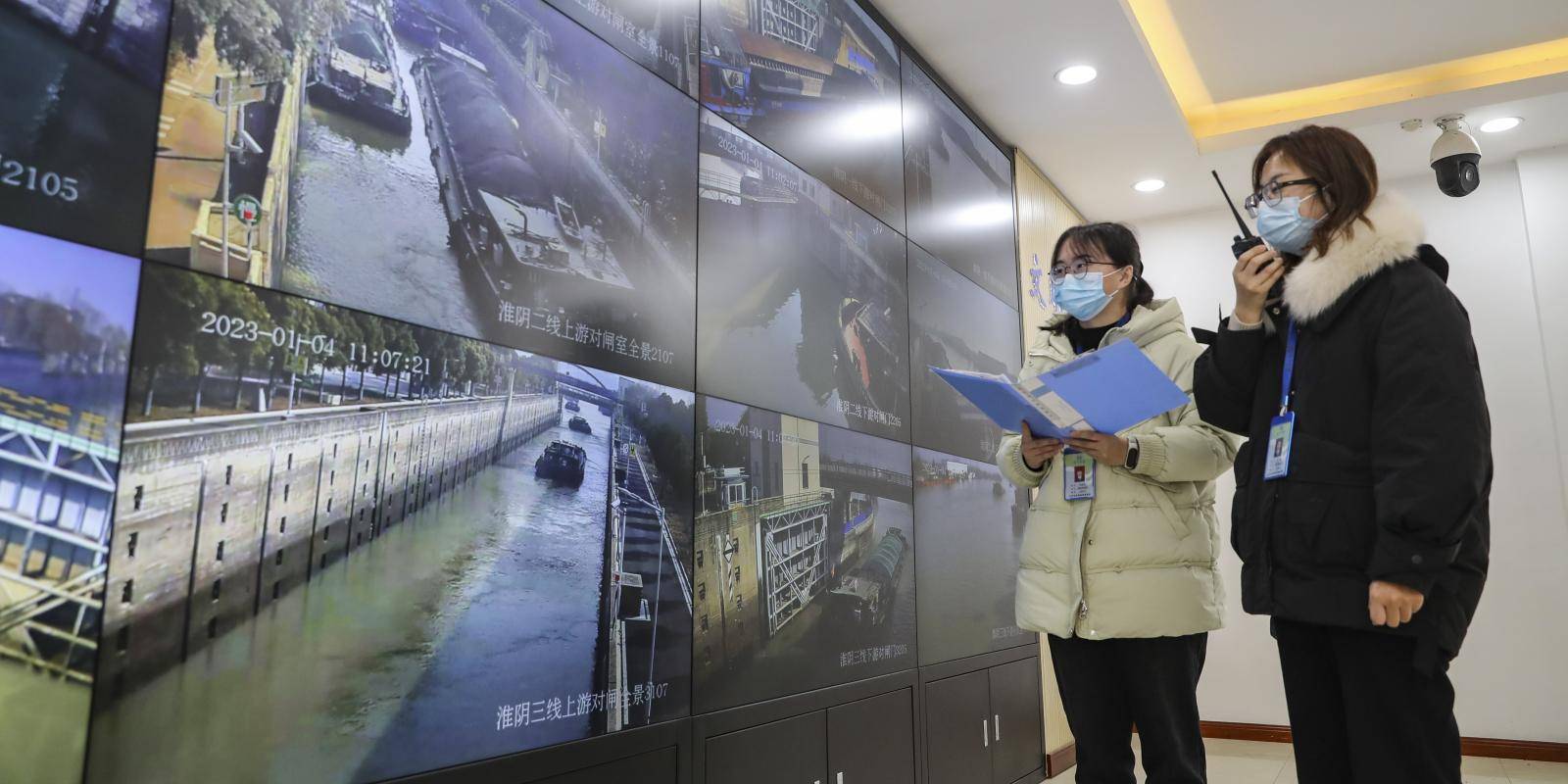
The current pattern of economic integration and fracturing across different economies and sectors is best described as ‘reglobalization’.
Globalization is far from finished, but is changing in nature through countries’ emphasis on stronger regional links and the formation of economic blocs for sensitive and strategically important sectors. Full-scale decoupling from China is neither achievable nor desirable for the G7 and like-minded partners.
Trade policy has an important role to play in underpinning the positive aspects of a reglobalized world and in balancing geopolitical competition and cooperation, not just through coordinated efforts to strengthen supply-chain resilience, but also in enabling countries worldwide to benefit from the twin transitions to green and digital economies.
This briefing paper draws on insights from expert roundtable discussions and a high-level speaker series under the umbrella of the Chatham House Global Trade Policy Forum.
Image — Dispatch administrators coordinate cargo ships in Huai’an, Jiangsu province, 4 January 2023. Photo: Copyright © Future Publishing/Getty Images
Global trade will continue to face multiple challenges in 2023 as inflation and high interest rates, debt distress and geopolitical frictions weigh on many economies. The downside risks to the global economy and international trade are significant, ranging from an escalation of Russia’s war on Ukraine to deepening tensions between the US and China.
‘Reglobalization’ – rather than deglobalization – best describes the current pattern of economic integration and fracturing across different economies and sectors. Globalization is far from finished, but will increasingly emphasize greater regional links and the formation of economic blocs for sensitive and strategically important sectors. Comprehensive decoupling from China is neither achievable nor desirable for the G7 and like-minded partners.
The supply-chain disruptions of 2020–22 will continue to ease. Given that extreme weather events are the biggest threat to global production networks, supply-chain resilience and diversification efforts will persist, with added impetus to act on ‘greening’ trade.
The future of trade is closely linked to the transition to green and digital economies. As climate ambitions and technological leadership are intertwined with industrial policy objectives, concerns about unfair trade practices and protectionism are coming to a head not just as regards China, but also among the US, the EU and like-minded partners.
With major breakthroughs at the World Trade Organization unlikely in 2023, limited progress can be expected in some bilateral, regional and sectoral agreements. Meanwhile, efforts to avoid further trade fragmentation will progress more readily under Japan’s G7 presidency than under India’s G20 presidency.
No comments:
Post a Comment